Easter is probably every child’s second favorite holiday after Christmas. We get it—who wouldn’t like a whole day dedicated to eating delicious chocolate eggs?! However, Easter isn’t all about eating chocolate; this holiday symbolizes the rebirth of nature.
No other season represents this process better than spring—the time of year when all flowers burst into bloom. Some of these spring miracles have grown to be associated with Easter, and each of them has their own meaning and message:
Crocus
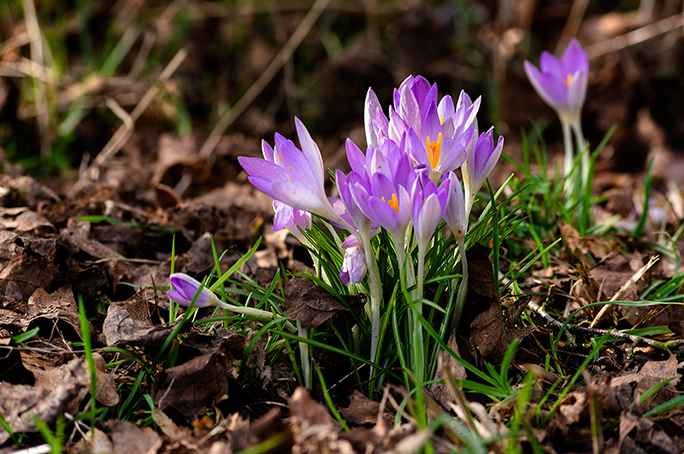
The sweet-scented lavender, pink, and rose blooms of the crocus plant symbolize youth and mirth. This versatile Eastertime flower can be used in flower arrangements and decorations.
Easter cactus
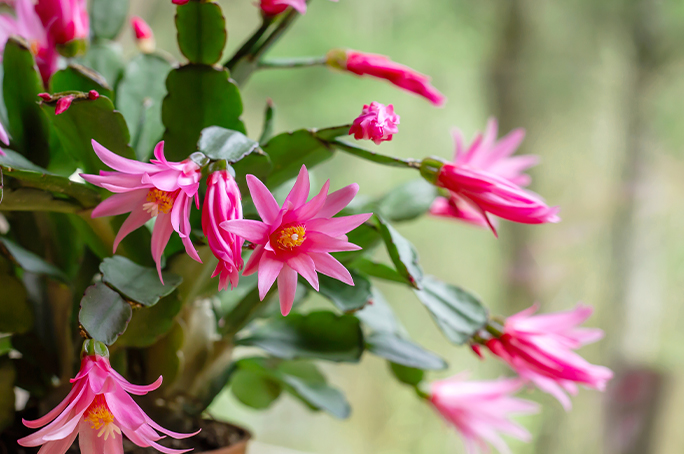
The Easter cactus is a succulent plant prized for its bright flowers that emerge in spring. Its close relative, the dwarf Easter cactus, has also become a symbol of the holy holiday.
Easter lily
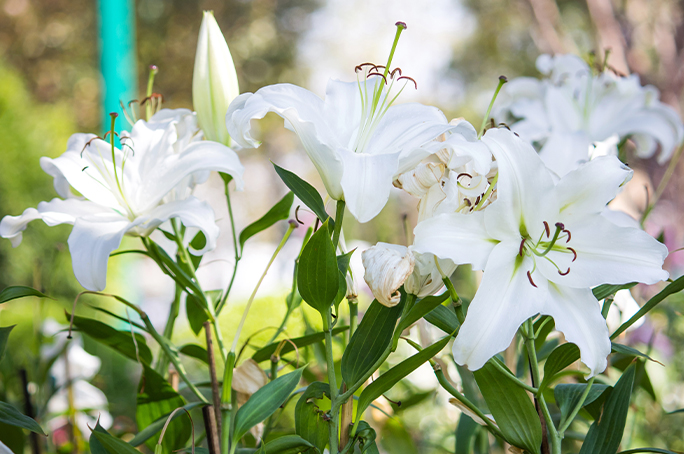
You’ll recognize the Easter lily by its white trumpet-shaped blooms that emit a nice fragrance. Lilies are mentioned in the Bible as the symbol of hope, new life, and spiritual well-being.
Gardenia
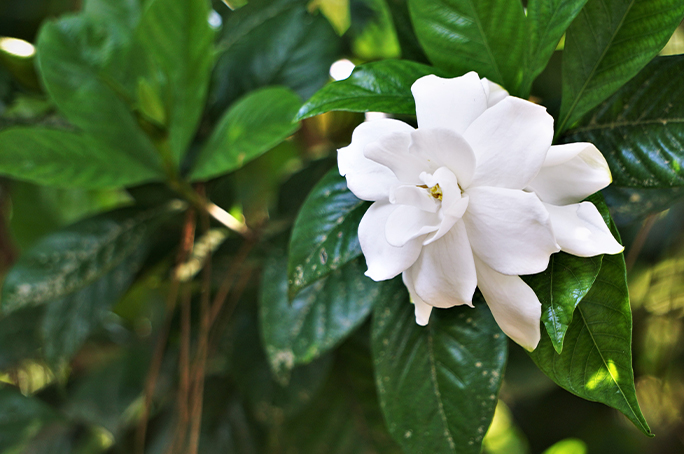
Wish your loved ones a Happy Easter by giving them a gardenia. Since time immemorial, this plant has been associated with love, peace, and purity.
Lenten rose
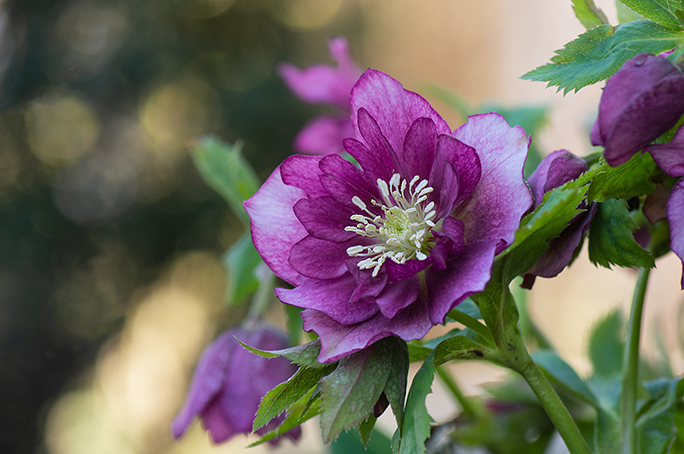
This delicate rose symbolizes the time of Lent—preparation for rebirth. The dark crimson blooms open in late winter and early spring before most other plants.
Hydrangea
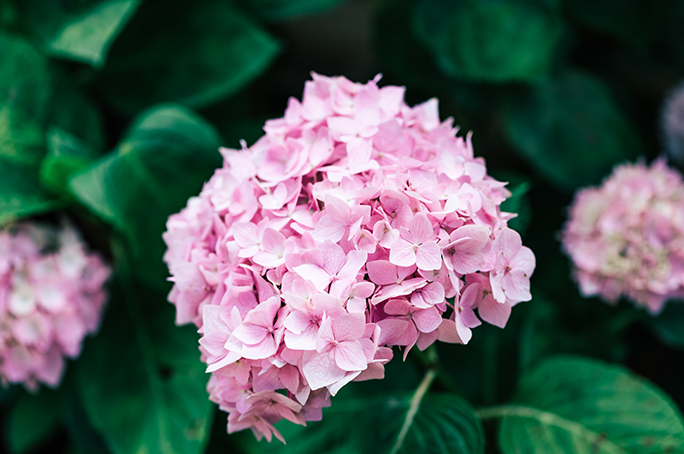
The marvelous hydrangea will serve you as a token of understanding and gratitude during the Easter holidays. Decorate your festive dinner table with dazzling and vibrant blooms of the hydrangea.
Hope you’ve found this list helpful. Get one of these flowers yourself or give it to your loved ones during the holy holiday. The Plantum team wishes you and your family a very Happy Easter!
